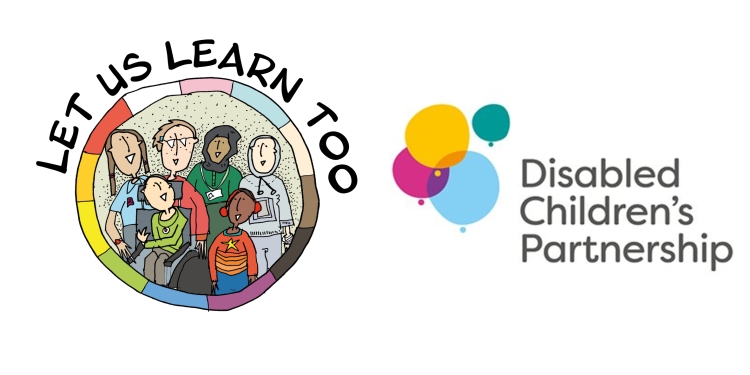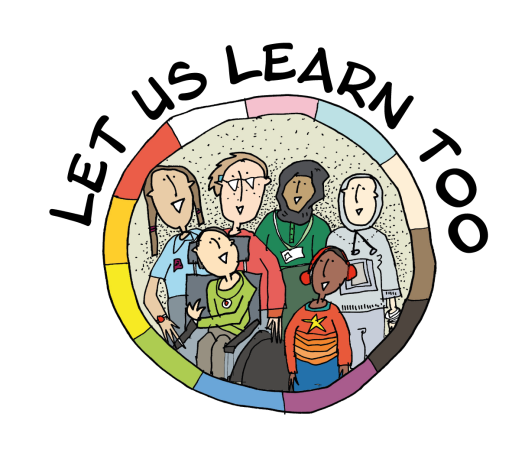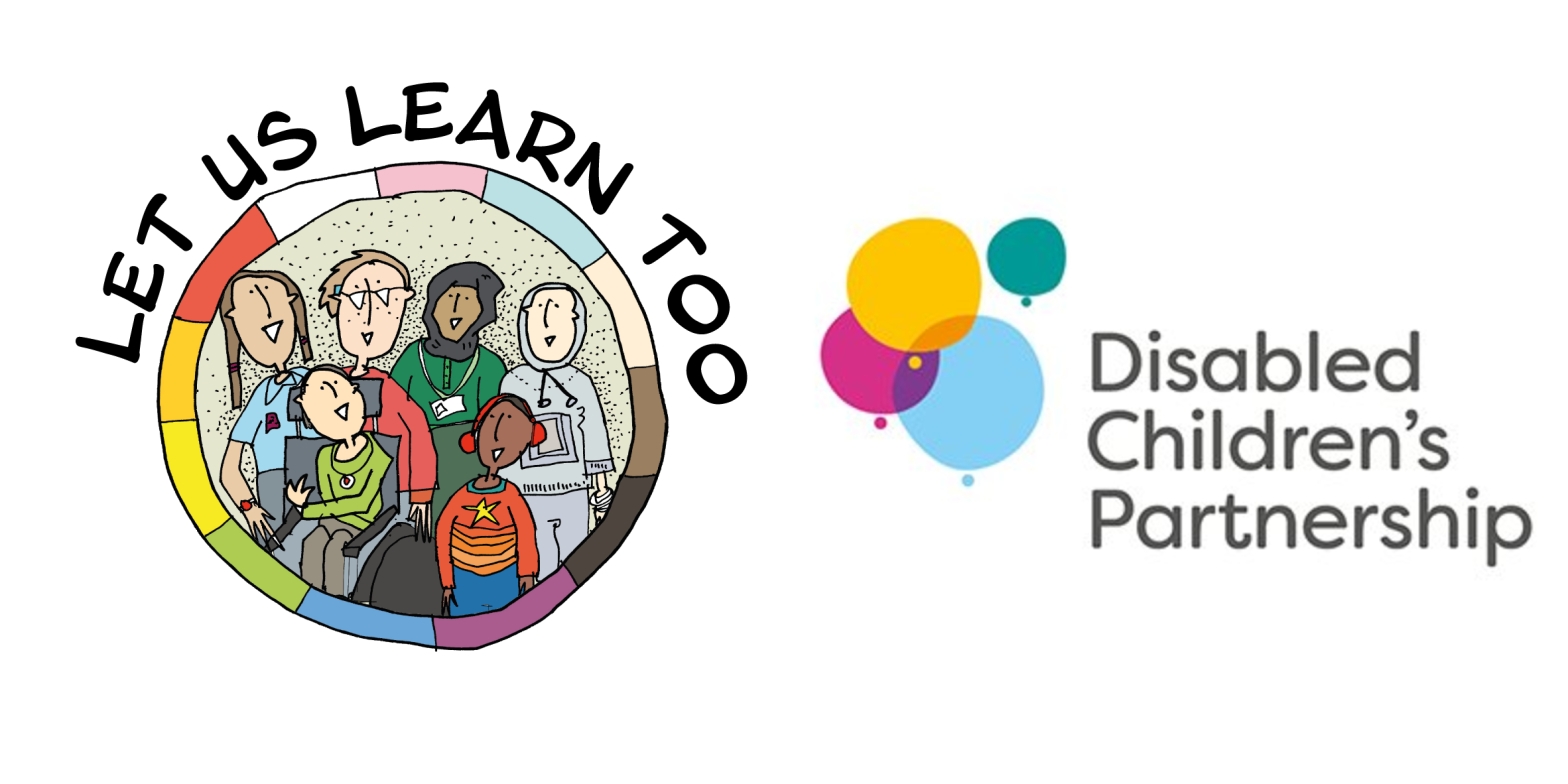Background
The special educational needs and disabilities system (SEND) is extremely difficult for families to navigate and not at all transparent. Parents and carers spend inordinate amounts of time “fighting” the system and this has significant impact on their well being and their financial situation. Often families have to dip into or use up savings, give up jobs or take part-time work to devote enough enough time to “fighting” for the rights of their children.
This disproportionately impacts women, with a particular bias towards mothers with early years children who would like to return to employment, but feel they cannot due to the time, effort and resources required to ensure their child’s future is looked after.
The Government Code of Practice for disabled children states: “Our vision for children with special educational needs and disabilities is the same as for all children and young people – that they achieve well in their early years, at school and in college, and lead happy and fulfilled lives.”

Let Us Learn Too And the Disabled Children’s Partnership surveyed 1,084 parents and carers between November 2021 and January 2022. The results showed the lengths families have to go to to secure adequate support for their children. Of the respondents, 26 were men, 19 of these said they had lost their job or taken part-time work to fight for their children’s rights.
SURVEY RESULTS AND PARENT/CARER COMMENTS
Q. How much money have you spent on therapies (excluding mental health therapy) such as speech and language therapy, occupational therapy, physiotherapy for your child/ young person over the past 5 years?
- 33% of respondents said they could not afford any
- 26% said they have spent between £1,000 and £5,000
- 11% said £5,000 to £10,000, with a number of families saying in excess of 20k.
Q. How much money have you spent on private professional reports and advice?
- 33% of respondents said they could not afford private reports
- Nearly half (48.5%) said they have spent between £1,000 and £5,000
- 11% said they have spent more than £5,000 to £10,000
- 6% said they have spent more than £10,000
“What about if you can’t afford the report? This is the nub of social injustice, the poverty gap and access to education and inclusion. Shame on the UK.” Parent
The survey showed financial concerns families face are lifelong. Accounts of parent/ carers using up savings or pension pots to pay for extra legal advice, tribunals or independent reports, were commonplace. Many expressed real concern about their futures, as they have exhausted their financial reserves.
Q. What specific money difficulties has your family faced trying to support your disabled child and what long-term impact has this had on your family?
| It has reduced savings | 31.54% |
| It has wiped out savings | 40.70% |
| It has caused lasting money worries | 61.24% |
| You have had to remortgage your home | 5.09% |
| You have had to downsize your home | 5.09% |
| You have had to borrow money from family members/friends | 35.99% |
| It has left you in debt | 30.90% |
| It has caused tension with your partner/husband/wife | 45.98% |
| None of the above | 12.21% |
“I worry what will happen when I run out of money completely, as not only will I no longer be able to have the legal support I need to fight for basic statutory provision for my child, but I won’t have money for my own retirement, future health needs or for our other child. We have had one holiday in five years, we are not extravagant in our other spending at all. All our money is going on fighting a dysfunctional system.” Parent
We now have no savings for any issues that may arise and we have a very high monthly loan payments to pay off debt when we did not have any debt before. Parent
“I have NO pension, except state as I had to use all my inheritance and pension pot to pay for everything that our daughter needed.” Parent
As a result of drawing on their own financial resources to fight the system, families frequently commented that they have limited funds to pay for things like special needs toys (which are more expensive than mainstream equivalents) and vital equipment.
A further common theme was paying for professional reports, or therapy that isn’t provided appropriately in a child’s Education Health and Care Plan (EHCP) – the legal document that lays out a child’s special educational needs and stipulates provision.
Families noted that they had to make choices between the therapeutic support the parent needs and prioritising the requirements of their child.
“There are other things I need to pay for my other children and can’t as I’m constantly having to provide help to my son myself as he’s not getting it, and be an admin to keep record of my fight with the local authority as well as work full time as a front line NHS worker.” Parent
Trust in local authorities and schools
The key focus of frustration and concerns for families lies with how the families feel they are treated by local authorities and some schools. There is little trust in the system, and families feel vilified and are often said to be positioned like bad, annoying parents and treated passive aggressively when they are simply fighting for their child’s right to an appropriate education.
Local authorities are seen to execute a default “no” to EHCP provision for many children requiring this. This is borne out in the numbers of cases that end up in tribunals and judgement is found in favour of the families (97%: source: Special Needs Jungle), questioning the authenticity and very essence of the process.
Families feel they have to constantly up-skill their knowledge to understand their rights and those of their dependents, and are in a continuous battle.
- 67% of respondents said that they have had to rely on their Local Authority to pay for their child’s support at school because they do not have the money to pay for this themselves.
- 65% said that this has affected or is affecting their child’s chances of reaching their academic potential
- 84% said that they felt that this has affected their child’s happiness and mental health negatively.
- 75% of families reported that their child’s school is not equipped with the right information to uphold the legal rights of their child and often rely on the local authority to provide a resolution/solution.
Families stated that this is all driven by the systemic breakdown within the process as the default position of the local authorities appears to be to reject ECHP applications and would rather bring families to tribunal than properly assess each individual application.
“Fought with the LA and school for so long, wasted four years where interventions could have supported learning” Parent
“The local authority spend so much time refusing support and battling parents. Its decision seems based on preserving budgets rather than on the child’s needs. Even when a parent challenges and wins, this usually takes months/years. Throughout that time, the child misses out valuable support they should have had. There is no sanction on the local authority for these unnecessary delays.” Parent
“My daughter was identified as having SEN in reception, yet did not get her EHCP until year 12.” Parent
“CAMHS (Child Mental Health Services) became part of the problem: didn’t see that she’s autistic, said she was attention seeking, I was a bad parent, etc. Offered parenting courses and then dismissed us.” Parent
Impact of Process on Families Mental health
- 79% of respondents have said they have sought mental health support for their child or another member of their family from the NHS, of which 31% paid for support privately.
Mental health was interwoven across experiences of those with and without financial resources and is a consequence of services not meeting needs of disabled children. Parents reported losing employment as a result of deteriorating mental health due to the“fight”. This pressure comes at all stages of the child’s life, from a battle for assessment or the stress of the tribunals and appeals process.
Many families are paying themselves for mental health support for their disabled child due to barriers such as short-term, low-level input. For many, support is unavailable for trauma unless there is an attempted suicide.
Parents requiring support themselves talked about having to balance time available and if only available privately – prioritise their disabled children.
Siblings also struggle to access mental health services. Crisis-led model was dominant for whole family.
The stigma of being labelled “bad parents” was another theme. The tensions between professionals and parents were a commonly noted cause of anxiety and poor mental wellbeing for families.
“The stress caused by my local authority failing to provide an adequate schooling provision and insisting he stayed in mainstream with an extremely severe and complex syndrome they could not cope with. lead to stress, depression and anxiety for me. Increased anxiety for my child” Parent
“My other children have suffered as they worry about his future and I’ve had to refer them to Young Carers and get private therapy for their mental health to help them cope.” Parent
“It has affected my mental health but I have not sought help, largely because I’m too exhausted by trying the raise a disabled child and dealing with obstructive actions of the LEA” Parent
“Probably spent about £3000 on my own counseling as the impact of all the fighting to get your child’s needs met, dealing with the impact schooling has on your child and the fallout on the family has impacted on my mental health massively. It has also had major a impact on my daughter and husband.” Parent

